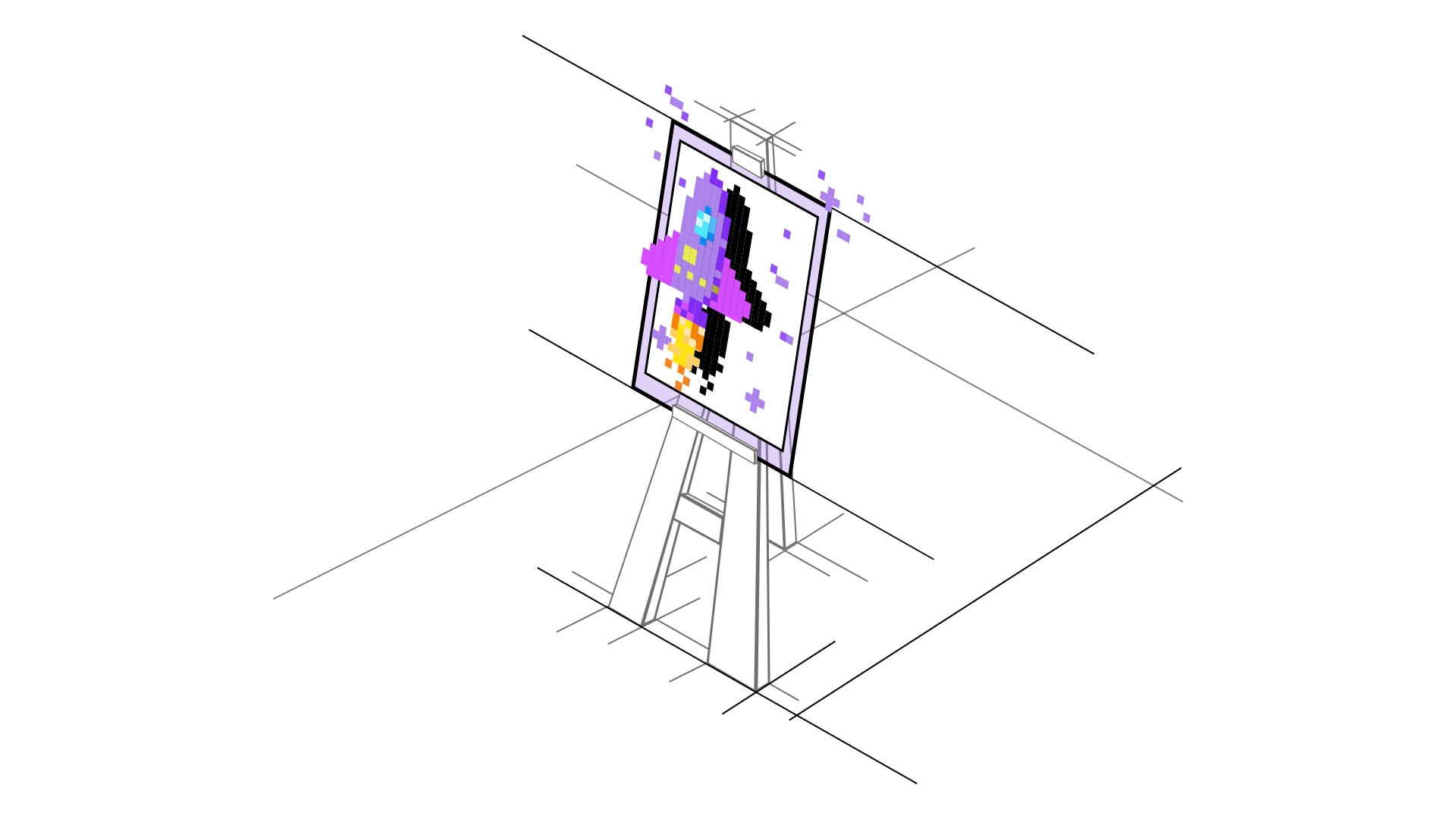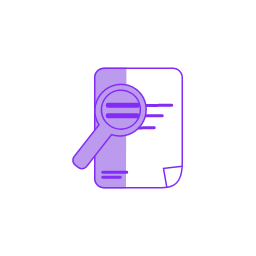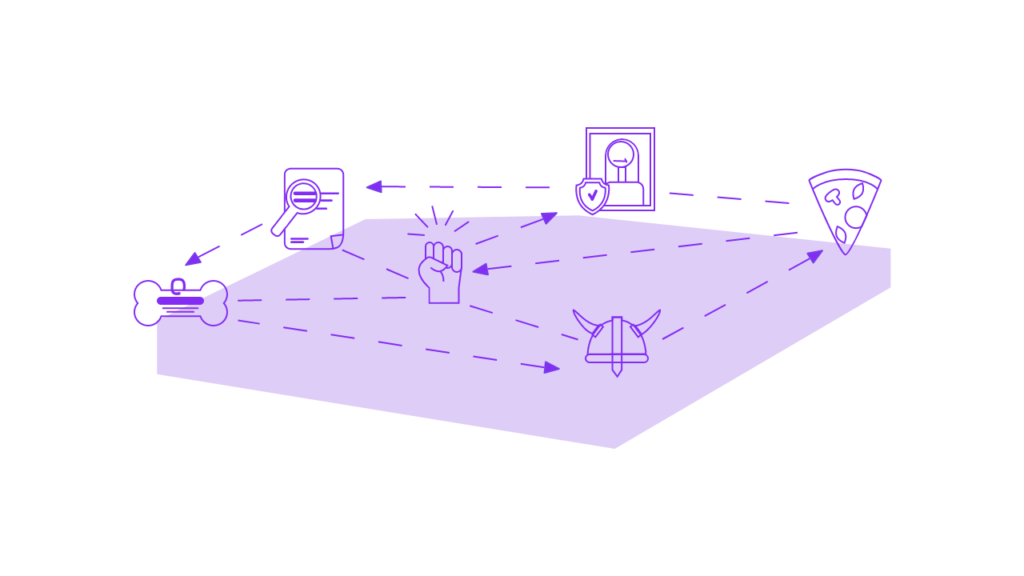Blockchain & NFTs

Commonly referred to as NFTs, non-fungible tokens represent tokenized certificates of ownership of non-fungible assets, digital or otherwise. Non-fungible assets have unique properties and attributes that make them rare, valuable, unique, and irreplaceable with something else. These assets can range from virtual collectibles, game items, and digital artwork, to concert tickets, real estate, identity documents, and many more. The current crypto market revolves heavily around fungible assets like Bitcoin and other cryptocurrencies but with the introduction of non-fungibility, come many benefits.
Benefits of NFTs
NFTs are strongly gaining traction and their rise in popularity is opening a wide range of possibilities for real-world and virtual assets. Namely, NFTs offer the ability to take part in a new way of monetizing the internet with digital collectibles. Since practically any digital entity can be represented as an NFT, it can be used for a wide variety of purposes. This includes actual ownership of songs, GIFs, films and movies, photos, digital artwork, news articles, game assets, and even tweets.
NFTs can also be tied to physical (off-chain) assets and can serve as a way to verify the authenticity and track the sales history of fine art or luxury items. In any case, the non-fungible token is backed by a social contract from its creator and a surrounding community.
Tickets, passes, and documents can now be turned into NFTs to ensure the originality and authenticity of information they store or carry.
Currently NFT use cases are concentrated in the main categories of collectibles, art, gaming, and virtual worlds. But other categories like sports, fashion, and real-world assets are steadily developing.
NFTs Use cases
 | Proof of Ownership – NFTs serve as digital certificates validating ownership of virtual or physical assets, establishing a clear and irrefutable record of possession. |
 | Real Ownership of Virtual Assets – Gamers can truly own in-game items, fans gain ownership of songs and tweets, while creators can monetize their GIFs, artwork, and articles through NFTs, enhancing the direct relationship between creators and their audience. |
 | Fractional Ownership – NFTs enable individuals to participate in the ownership of high-value assets, such as artwork, even if they can’t afford the entire piece, allowing for broader accessibility to exclusive items. |
 | Holding, Denying, Restricting Rights – Ownership of assets via NFTs grants specific rights, providing the holder with the authority to determine how the asset is used, shared, or restricted. |
 | Ensuring Exclusivity – The non-fungible nature of NFTs ensures the uniqueness and exclusivity of each digital asset, making them one-of-a-kind and highly coveted in the digital realm. |
 | Simplified Verification of Originality and Scarcity – NFTs leverage blockchain transparency, making it effortless to verify the authenticity and scarcity of digital assets. The decentralized nature of blockchain ensures a tamper-proof record, providing users with confidence in the legitimacy of their NFTs. |

Have a project in mind?
We have the expertise! Drop us a line and lets talk!